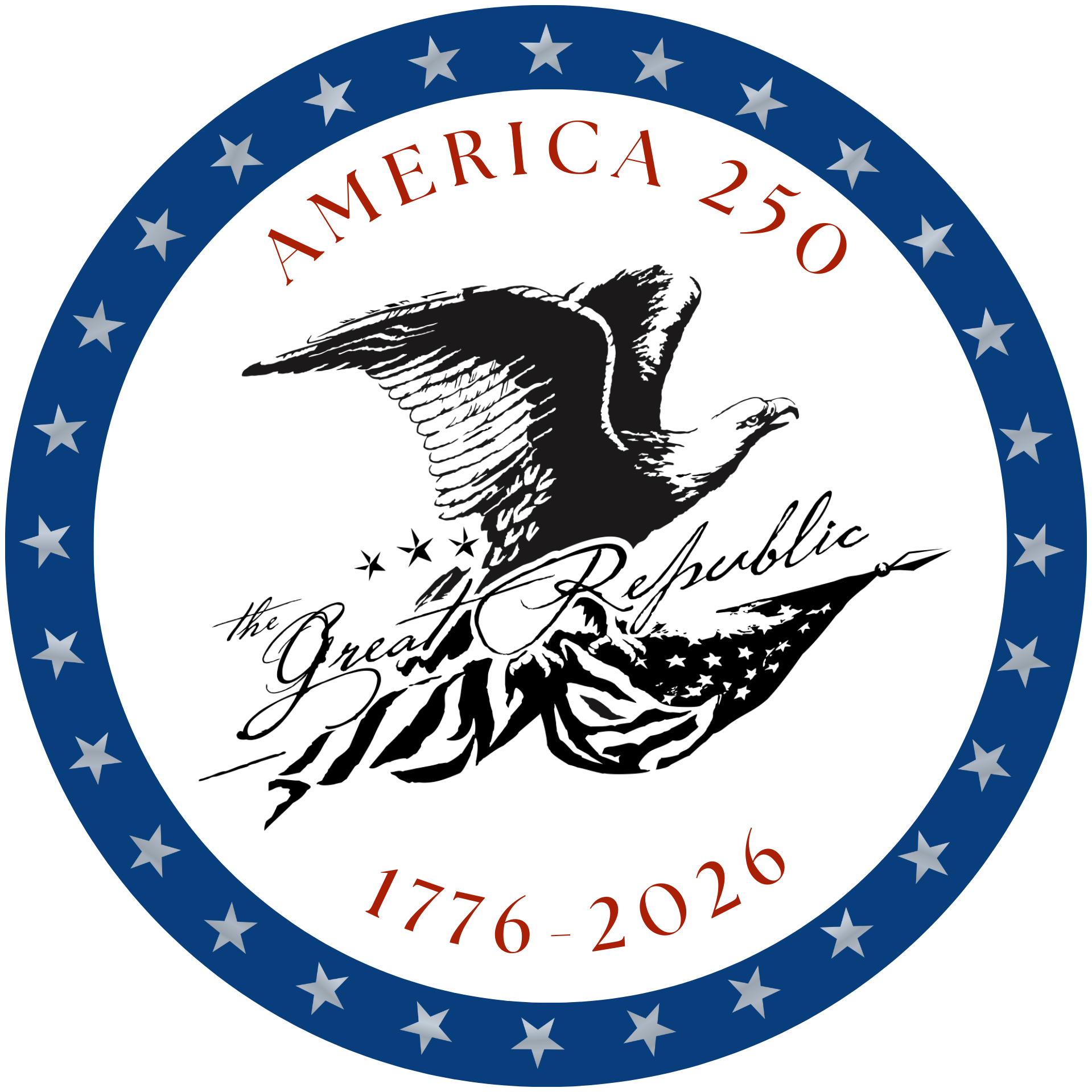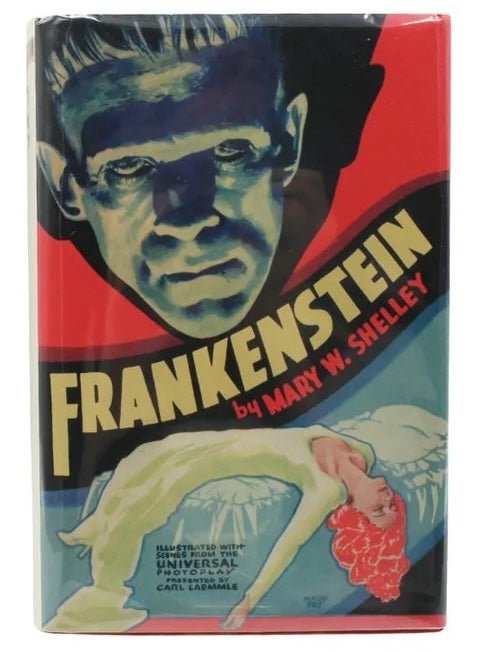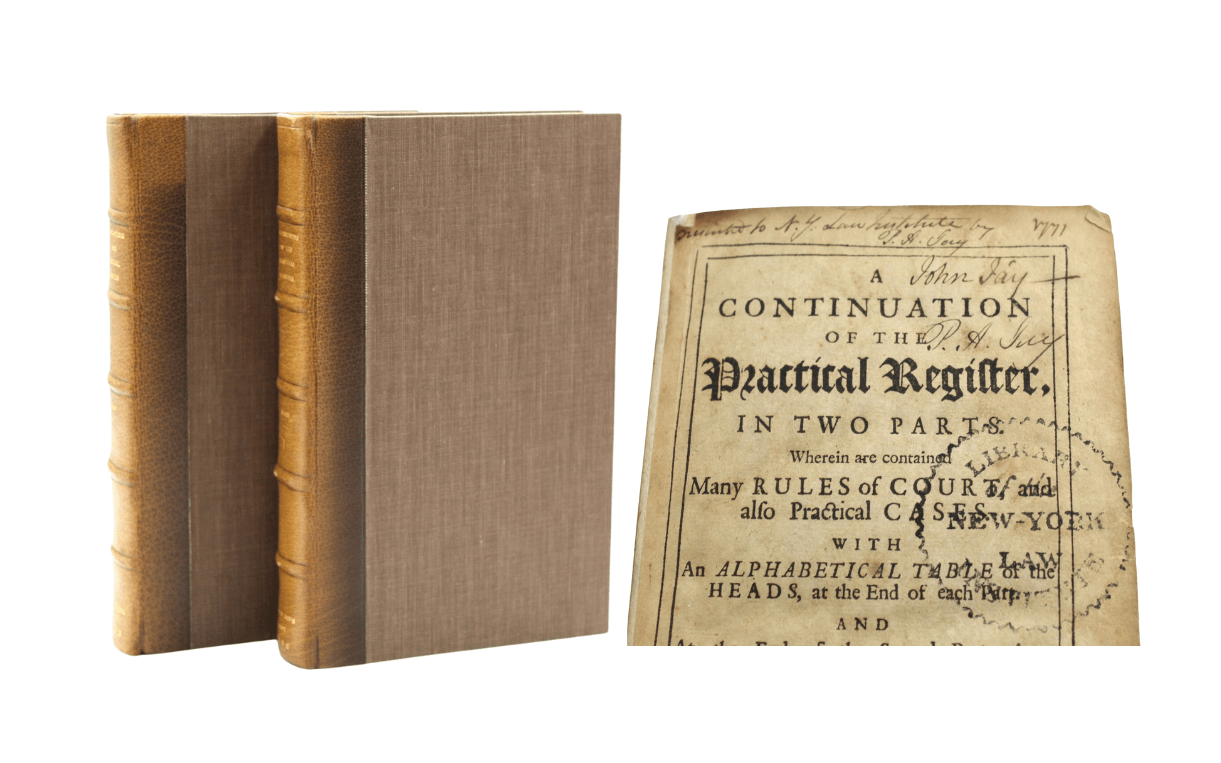The Stories Behind Five Famous Pen Names
A pseudonym is a fictitious name taken by a writer in place of their real name. The term "pseudonym" is a Greek word that literally means "false name." There are many reasons why an author might take up a pseudonym- to be able to publish with some anonymity, to write without consequence of public backlash, to differentiate between two different styles of their writing, or to be able to publish at all in a more gendered society. Read about the unique pen names of some of our favorite authors below:
Mark Twain
It is a well-known fact that Mark Twain’s real name was Samuel Langhorne Clemens. Clemens created the name “Mark Twain” as a nod to his former job as a riverboat captain. The term, “Mark Twain,” is a river term that means “two fathoms,” or 12 feet. The sounding of “Mark Twain” on a riverboat meant that it was safe to navigate the water. Clemens chose to write under pen names as a way to have literary freedom when writing his satirical and sometimes controversial works.
Read more about our 1874 edition of Mark Twain's Roughing It here.
Acton, Charlotte, and Ellis Bell
The famous Brontë sisters, Anne, Charlotte, and Emily, took up their masculine pen names out of necessity. In 19th century England, women were not permitted to publish, and so the sisters adopted the male pseudonyms of Acton, Currer, and Ellis Bell, each maintaining their real initials. In May, 1846, they published their first anthology of poetry using these names. Some of the sisters’ most famous and best-selling works were also published under these pen names, like Charlotte’s Jane Eyre and Emily’s Wuthering Heights, both published in 1847. Yet the following year, Charlotte and Anne traveled to London to meet face-to-face with their publisher, ultimately revealing that they were women.
In 1850 Charlotte Brontë wrote in a foreword to Jane Eyre: "We had a vague impression that authoresses are liable to be looked on with prejudice; we had noticed how critics sometimes use for their chastisement the weapon of personality, and for their reward, a flattery, which is not true praise.”

Ayn Rand
Ayn Rand is the pen name of Alissa Zinovievna Rosenbaum. Rand adopted the pseudonym in 1926 when she emigrated from Russia to the United States. “Ayn” was inspired by the name of a Finnish writer and the last name “Rand” was her abbreviation of “Rosenbaum.” The author is best known for her two best-selling novels, The Fountainhead (1943) and Atlas Shrugged (1957), and for developing the philosophy of Objectivism. Check out our collection of first and early editions by Ayn Rand.

Lewis Carroll
Charles Lutwidge Dodgson, better known as Lewis Carroll, adopted his pen name in 1856. He invented the pseudonym by Latinizing “Charles Lutwidge” into “Carolus Ludovicus,” and then vaguely Anglicizing it to “Carroll Lewis.” He finally swapped the order to “Lewis Carroll.” Dodgson’s publisher selected the pseudonym from a list of different possible names Charles provided him. As a mathematician and medical student, Dodgson wanted to be able to publish his whimsical and fictional tales under a separate name from that of his more academic papers. Thus, his titles like Alice in Wonderland and Through The Looking Glass were published under the name Lewis Carroll.
According to the Lewis Carroll Society, he also wanted to keep his personal life private, so much so that when fan letters addressed to Lewis Carroll reached Dodgson’s Oxford office, the author would refuse them in order to keep up the charade and anonymity. Check out our 1885 printing of Through the Looking Glass by Lewis Carroll and illustrated by John Tenniel.
Publius
 “Publius” was the pseudonym used by Alexander Hamilton, James Madison, and John Jay to write the 85 papers that make up The Federalist, penned between October 1787 and May 1788. “Publius” was a fairly common praenomen. Therefore, most of the readers of The Federalist, probably recognized “Publius” as Publius Valerius Publicola, a Roman patriot, general, and statesman who lived in the sixth century B.C.E. and who, according to Plutarch’s Lives of the Notable Greeks and Romans, saved the early Roman republic several times from tyranny and military subjugation. Our second edition printing of The Federalist, published in 1802, was the first edition to identify Alexander Hamilton, John Jay, and James Madison as the authors.
“Publius” was the pseudonym used by Alexander Hamilton, James Madison, and John Jay to write the 85 papers that make up The Federalist, penned between October 1787 and May 1788. “Publius” was a fairly common praenomen. Therefore, most of the readers of The Federalist, probably recognized “Publius” as Publius Valerius Publicola, a Roman patriot, general, and statesman who lived in the sixth century B.C.E. and who, according to Plutarch’s Lives of the Notable Greeks and Romans, saved the early Roman republic several times from tyranny and military subjugation. Our second edition printing of The Federalist, published in 1802, was the first edition to identify Alexander Hamilton, John Jay, and James Madison as the authors.







